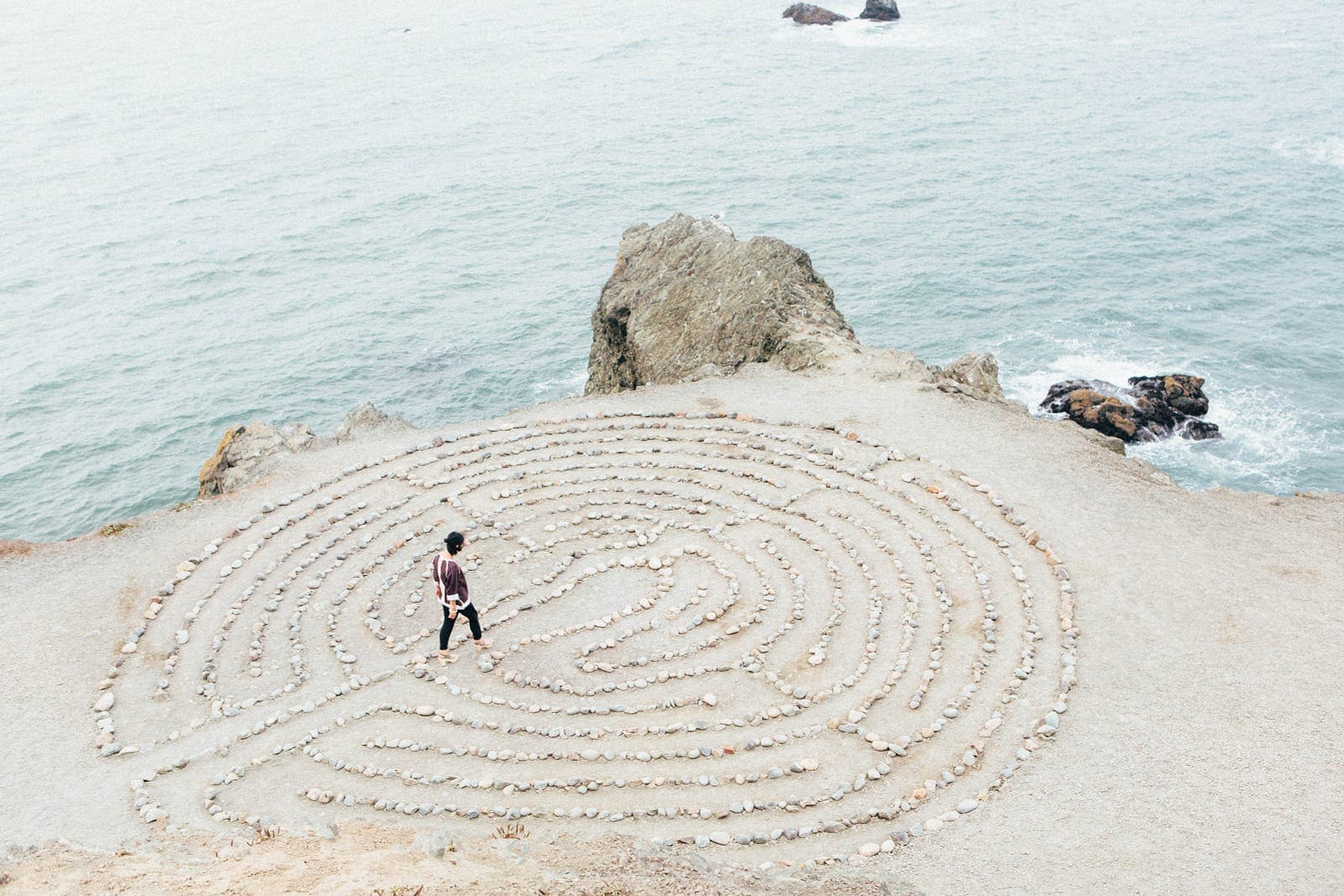Every day begins with a walk.
Living just a kilometer away from the office is a blessing. On days when I wake up earlier than usual, I take a slow 20-minute walk along Emerald Ave on the way to work, and I pace myself with the music playing on my earphones. When Jack Johnson plays on shuffle, you just know you have to take your sweet time and sort of just float your way forward.
No effort, all momentum.
On the best mornings, I have time to drop by the 7Eleven on the first floor of our building for some Ginataang Mais—those things are great, by the way.
In fact, most mornings are great when started this way. Gradual and certain, like the sun rising. But recently, this hasn’t been the case.
I’d wake up 30 minutes before I have to be in the office and the whole morning is a rush to the 30th floor of Tektite’s East Tower. On the worst days, there isn’t time to play any music. The car horns and engines are my songs to work. Halfway there, I’m reminded of how close I live and that I have no excuse for being late.
On these days, there’s no time for just momentum. The fast walk is the way to go.
It’s on days like these that I feel the repetitiveness of my walk to work. Sometimes, I even see the same people at the same spot I saw them the week before. Or I get to the office at the same time for five days straight. It’s when the walk becomes a rush and when momentum turns into a push, these are when the walk to work feels like a routine.
I’ve always had this irrational fear of losing my life to routine.
It’s as if every repetitive activity is a step towards living mindlessly at the pace of everyone else. Although I’ve grown to appreciate the importance of routine in our productivity, and ultimately our contribution to the rest of the world, a part of me still rejects it. “Every day should be different,” I would think to myself, “every day is new.”
About four years ago in college, I took Filipino 14 taught by Director Alvin Yapan. In this class, we studied countless epics, one of which was Labaw Donggon. I remember, it was this crazy long story written in stanzas, like an unbelievably long poem. I don’t think I was alone in thinking that that story, like most stories, should’ve been written in prose.
However, it was later explained to us that stories like these were written as poetry and music because they were passed down as spoken tradition. They were performed.
And not only were they performed, they were repeated and overlapped. One performer would begin singing the first stanza. And as he or she gets to the second stanza, another performer would overlap, beginning from the first stanza. And when the first performer gets to the third stanza, another joins in from the first, and so on.
At some point during this performance, these stories become less storytelling and more music-making. They were chants.
Rituals.
We spent many periods discussing rituals. They had many elements to them, but I could only seem to remember one: repetition. Repetition was the stuff of rituals. Think of prayers, traditions, superstitions, the things we do right before every big event or undertaking. These are rituals and they all have some element of repetition—some routine within the ritual.
But there’s a difference between ritual and routine. According to Sir Yapan, that difference is Intent.
Ritual = Routine + Intent
I wrote this equation on my notebook four years ago, and it’s been in my head ever since. This is what mindfulness and meditation has been teaching me all this time, and it’s only now that I’ve connected this equation with being mindful.
Routine is boring. When we live our whole lives as one big routine, our lives will also be boring. Ritual, on the other hand, is sacred, something that needs to be protected, and requires the space and time to unfold itself.
Routine is going through every day without actually being there for every day. Routine is taking the mundane for granted. Routine is my body walking along Emerald Ave while my mind is already at the office. Routine is where life happens, but actually living it happens when we’re present, mindful, and clear with our intentions.
This is not to say that we should be turning every single thing, like brushing our teeth or tying our shoes, into a ritual (although they could be; this part is entirely up to us). The point is to inject varying degrees of intent into our lives so that we’re able to squeeze out every bit of what we would consider essential. So that we may take control of what is otherwise mindless and boring.
So that we may turn the mundane into moments.
Every day is this opportunity to start, spend, and end our days with purpose. Every day doesn’t just begin with a walk. If we give the space, the time, and the importance to it, it begins with a ritual.
It’s something that’s intentional. Designed.
It’s from this that we build the rest of our day, and it’s from these days that we build the rest of our lives.

